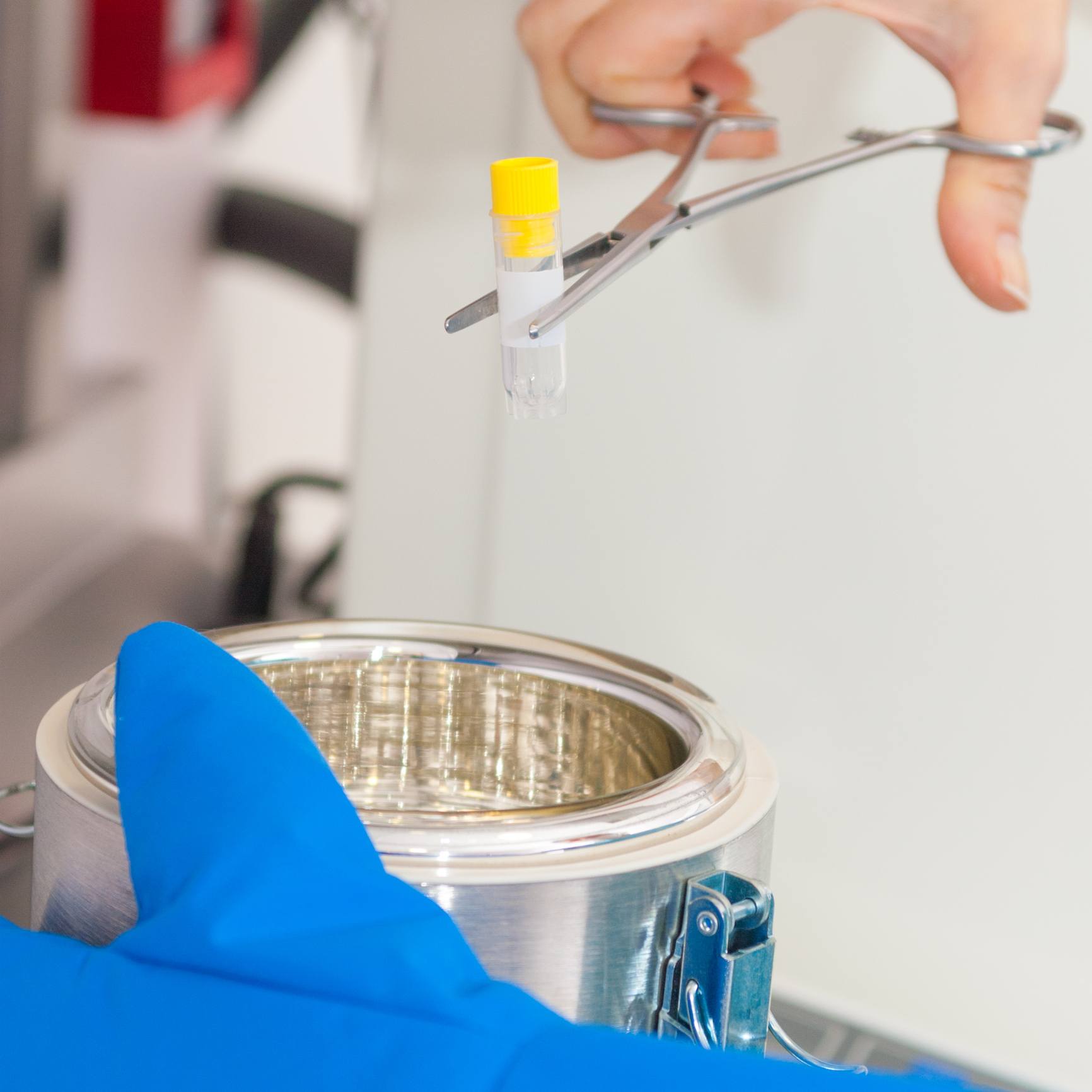How successful is egg freezing?

What is Egg Freezing and Why Is It Done?
Oocyte cryopreservation (egg freezing) involves the extraction of a woman's viable eggs, freezing of those eggs and storing of eggs for the purpose of preserving them for future implantation. Before freezing eggs, your fertility specialist will evaluate your ovarian reserve to determine how many eggs are produced during your cycle. Assessments include pelvic ultrasounds and blood tests that also help decide how much fertility medication may be needed to boost egg production. Injectable hormone medications are given to stimulate the ovaries. Finally, fluid contained in ovarian follicles and oocytes are vaginally aspirated (removed). Egg maturity is microscopically assessed. Eggs that are fully mature are separated and frozen via vitrification, a freezing technique achieved by placing eggs into liquid nitrogen.
Why Do Women Choose Egg Freezing?
The main reason women elect to freeze their eggs is to delay pregnancy until they have established a career or simply feel like they are ready for motherhood. Other reasons for freezing eggs include:
- They know they will be undergoing chemotherapy that could impact their fertility
- They are going to have surgery that could cause damage to their ovaries
- They have been diagnosed with a chromosomal abnormality and risk premature failure of the ovaries
- Their mothers and grandmothers have experienced early menopause
- They have an ovarian disease
- They have been diagnosed with a genetic mutation that requires removal of the ovaries
Your fertility specialist will discuss your decision to freeze eggs in-depth during your initial consultation.
How Long Can Frozen Eggs be Stored?
Storing frozen eggs for several years does not seem to negatively effect egg viability. However, the older a woman is when she has her eggs frozen, the risk of pregnancy complications rises. These complications include gestational diabetes, hypertension or cesarean section.
Success Rates of Egg Freezing and Pregnancy
Research into egg freezing demonstrates a 90 to 95 percent success rate when vitrification is used. Two factors influencing the probability of live births following implantation of frozen eggs are the number of eggs available and the age of the woman at the time her eggs are frozen. Risks of egg freezing are similar to the minimal risks involved with IVF ovarian stimulation (ovarian hyperstimulation, infection).
If you are interested in learning more about egg freezing, please call our Long Island/Jericho office today at (516) 612-8466 to schedule a consultation appointment.







